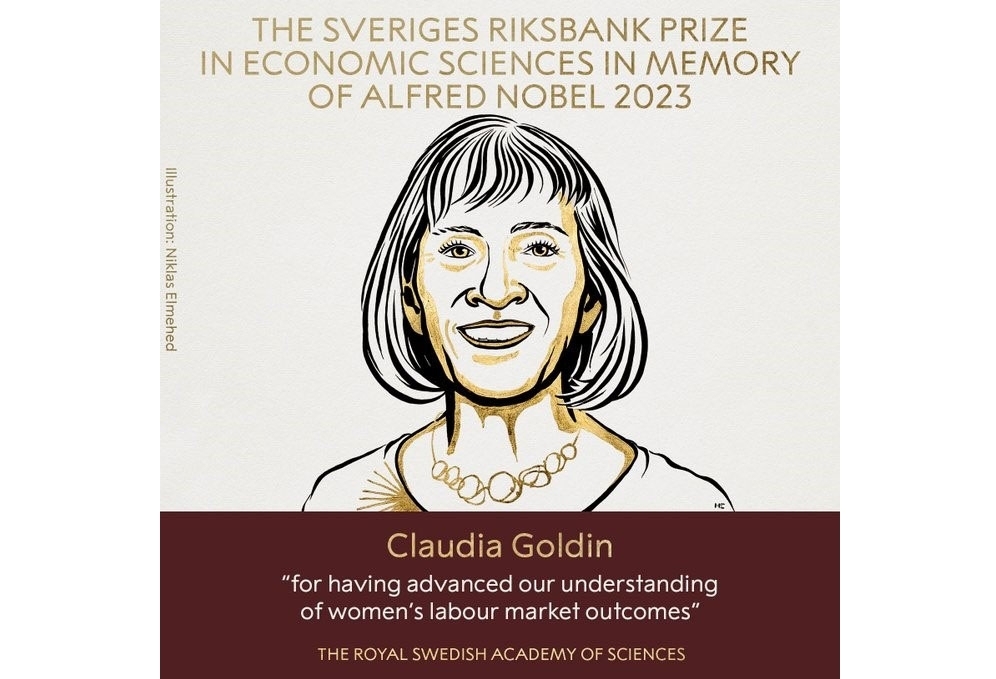



Nobel economics prize goes to professor for research on the workplace gender gap

Baku, October 9, AZERTAC
The Nobel economics prize was awarded Monday to Harvard University professor Claudia Goldin for research that has advanced the understanding of the gender gap in the labor market, according to AP.
The announcement went a tiny step to closing the Nobel committee’s own gender gap: Goldin is just the third woman to win the prize out of 93 economics laureates.
She has studied 200 years of women’s participation in the workplace, showing that despite continued economic growth, women’s pay did not continuously catch up to men’s and a divide still exists despite women gaining higher levels of education than men.
“I’ve always been an optimist. But when I look at the numbers, I think something has happened in America, that we, in the 1990s, our labor force participation rate for women was the highest in the world, and now it isn’t the highest in the world,” Goldin told The Associated Press.
“We have to step back and ask questions about piecing together the family, the home, together with the marketplace and employment,” she said.
Goldin’s research does not offer solutions, but it allows policymakers to tackle the entrenched problem, said economist Randi Hjalmarsson, a member of the Nobel committee.
“She explains the source of the gap, and how it’s changed over time and how it varies with the stage of development. And therefore, there is no single policy,” Hjalmarsson said. “So it’s a complicated policy question because if you don’t know the underlying reason, a certain policy won’t work.”
However, “by finally understanding the problem and calling it by the right name, we will be able to pave a better route forward,” Hjalmarsson said.
Goldin, 77, told AP that what happens in people’s homes reflects what happens in the workplace, with women often taking jobs that allow them to be on call at home — work that often pays less.
“Ways in which we can even things out or to create more couple equity also leads to more gender equality,” she said.
Goldin had to become a data sleuth as she sought to fill in missing data for her research, Hjalmarsson said. For parts of history, systematic labor market records did not exist, and, if they did, information about women was missing.
“So how did Claudia Goldin overcome this missing data challenge? She had to be a detective to dig through the archives to find novel data sources and creative ways to use them to measure these unknowns,” Hjalmarsson said.
Turkish study identifies microplastics in brain cells
ADA University-hosted Caspian Basin Studies Program wraps up
Turkish AI defense firm secures investment at valuation of $12.5M